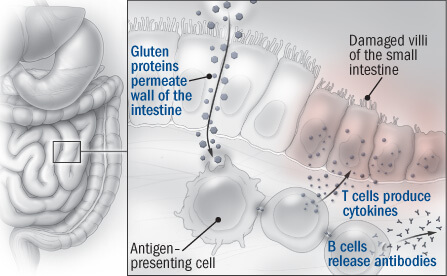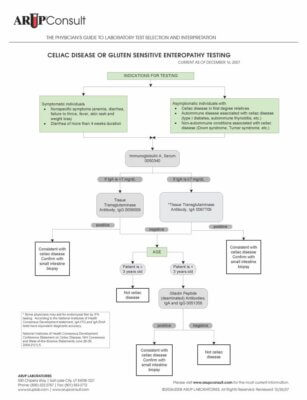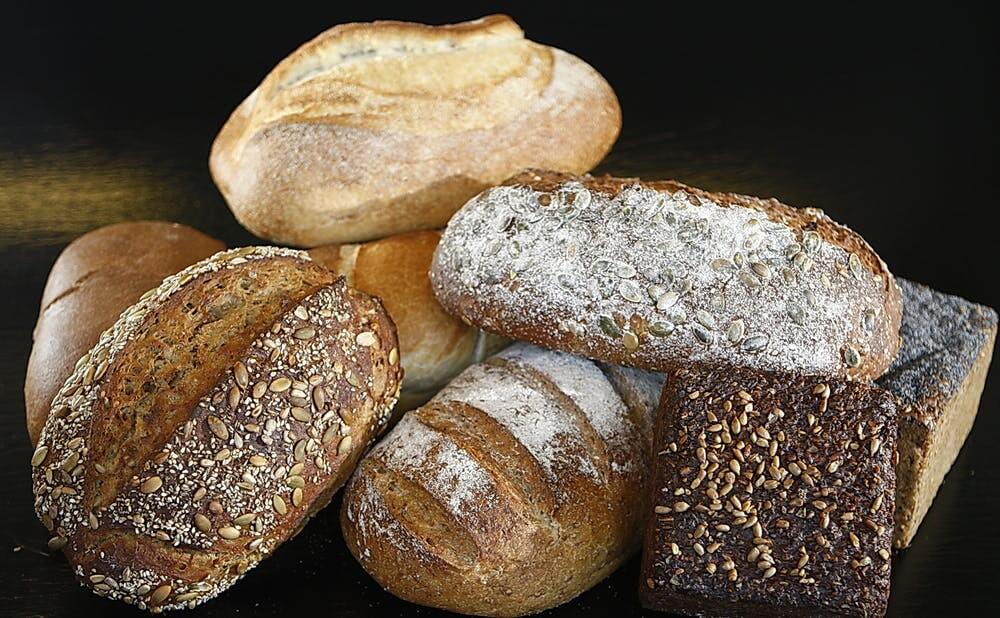What is Gluten?
Gluten is just a protein found in some grains. Wheat is probably the most notorious grain to contain gluten. For those of you that want to nerd out, technically gluten is a term applied specifically to the combination of the prolamin proteins (gliadins) and the glutelin proteins (glutenins).
What grains contain gluten?
- Wheat
- Rye
- Barley
- Spelt
- Bulgur
- Oats (non-gluten free)
- Farro
- Pumpernickel
- Kamut
- Triticale
Are there any grains that are gluten free? Yes, of course 🙂
GLUTEN FREE grains:
- All rice
- Quinoa
- Corn
- Buckwheat
- Teff
- Amaranth
- Millet
- Hominy
What about bagels, pizza, breads, pastas, and other baked goods?
Unfortunately, these products are developed with the help of gluten which adds elasticity to dough. Because of this, it’s are to get the same texture from gluten free baked goods. However, there are some great companies like Siete Foods which has some amazing chips, tortillas, and queso.
Gluten is also found in:
- Soy sauce
- Emulsifiers
- Lecithin
- MSG
- Modified food starch
- Medications
- Supplements
- Processed foods
What should you know about gluten?
Gluten intolerance is the most common food sensitivity in the U.S., affecting about 15% of the population. In gluten intolerant people, gluten triggers an immune response in the body. This immune response is what causes inflammation in the body.

Is gluten really that bad?
Well, like most things with nutrition… it just depends 🙂
Do you experience any of these potential symptoms?
- Diarrhea
- Bloating
- Flatulence
- Uncomfortable stools
- Weight loss or weight gain
- Malnutrition
- Low iron levels
- Aching joints
- Depression
- Anxiety
- Eczema
- Skin rashes
- Headaches
- Chronic fatigue
- Infertility
- Low Vit. B12 levels
- Asthma
- Allergies
How do you truly know if you need to remove gluten?
Our bodies make antibodies in response to what it sees as a harmful invader, testing the serum for antibodies can identify most patients with a gluten allergy.
These antibodies include:
- Anti-endomysial antibodies
- Antigliadin IgA antibodies
- Anti-tissue transglutaminase antibodies
Not everyone has an allergic reaction to gluten. Some people have a sensitivity so distinguishing between these is essential. Autoimmunity to gluten involve cells that produce IgA and IgG, but little to no IgE involvement. Most sensitivities that engage the immune system involve IgE, so when people are sensitive eliminate gluten they feel fine.
If you suspect that you have an allergy to gluten or if you have had a severe reaction then contact your physician.

References:
Lowell JP. The gluten free bible. 2005. Owl Books.
Lieberman S. The gluten connection. 2007. Rodale.
Nelsen Jr. DA. Gluten-sensitive enteropathy (celiac disease): more common than you think. Am Fam Physician 2002;66:2259-2266,2269-2270.
Hadjivassiliou M, et al. Does cryptic gluten sensitivity play a part in neurological illness? Lancet 1996; 347:369-371
Painter K. Gluten free diets gaining in popularity. USA Today. August 2008.
http://www.usatoday.com/news/health/painter/2008-08-17-gluten_N.htm
Gluten ‘link’ with schizophrenia. BBC News.
http://news.bbc.co.uk/2/hi/uk_news/scotland/highlands_and_islands/8009930.stm
De Palma G, et al. effects of a gluten-free diet on gut microbiota and immune function in healthy adult human subjects. Br J Nutr 2009 May 18 [epub ahead of print].
Elkan AC, et al. Gluten-free vegan diet induces decreased LDL and oxidized LDL levels and raised atheroprotective natural antibodies against phosphorylcholine in patients with rheumatoid arthritis: a randomized study. Arthritis Res Ther 2008;10:R34-R42.
Bush VK. The Glories of Gluten Free. QSR Feature. 2009.
Millward C, et al. Gluten- and casein-free diets for autistic spectrum disorder. Cochrane Database of Systematic Reviews 2009;2.
Elder JH. The gluten-free, casein-free diet in autism: An overview with clinical implications. Nutr Clin Pract 2008;23:583-588.
Niewinski MM. Advances in Celiac Disease and gluten-free diet. J Am Diet Assoc 2008;108:661-672.
Buchanan R, Threshold Working Group. Approaches to establish thresholds for major food allergens and for gluten in food. J Food Protec 2008;71:1043-1088.

